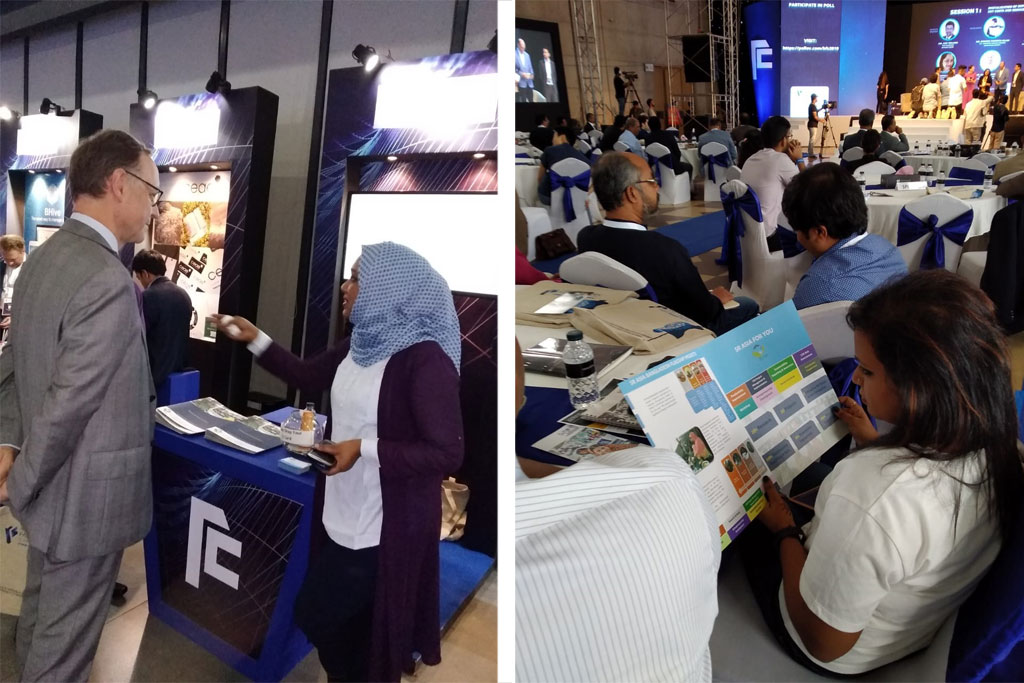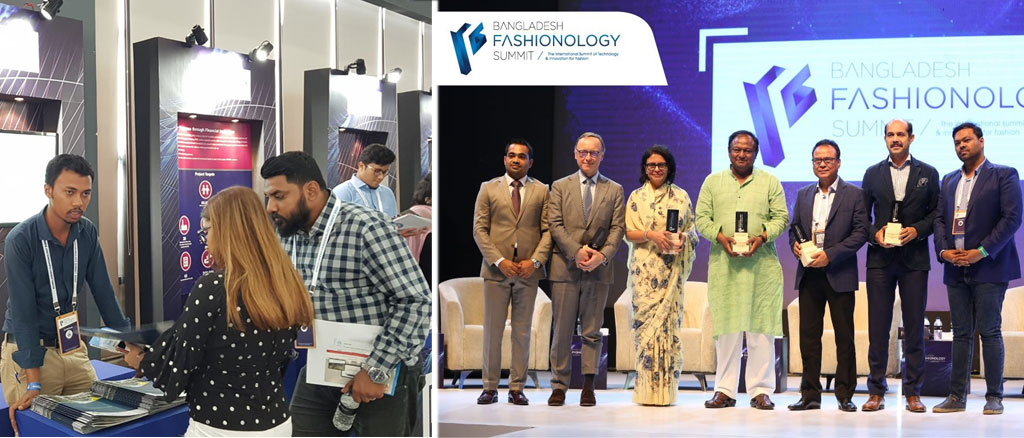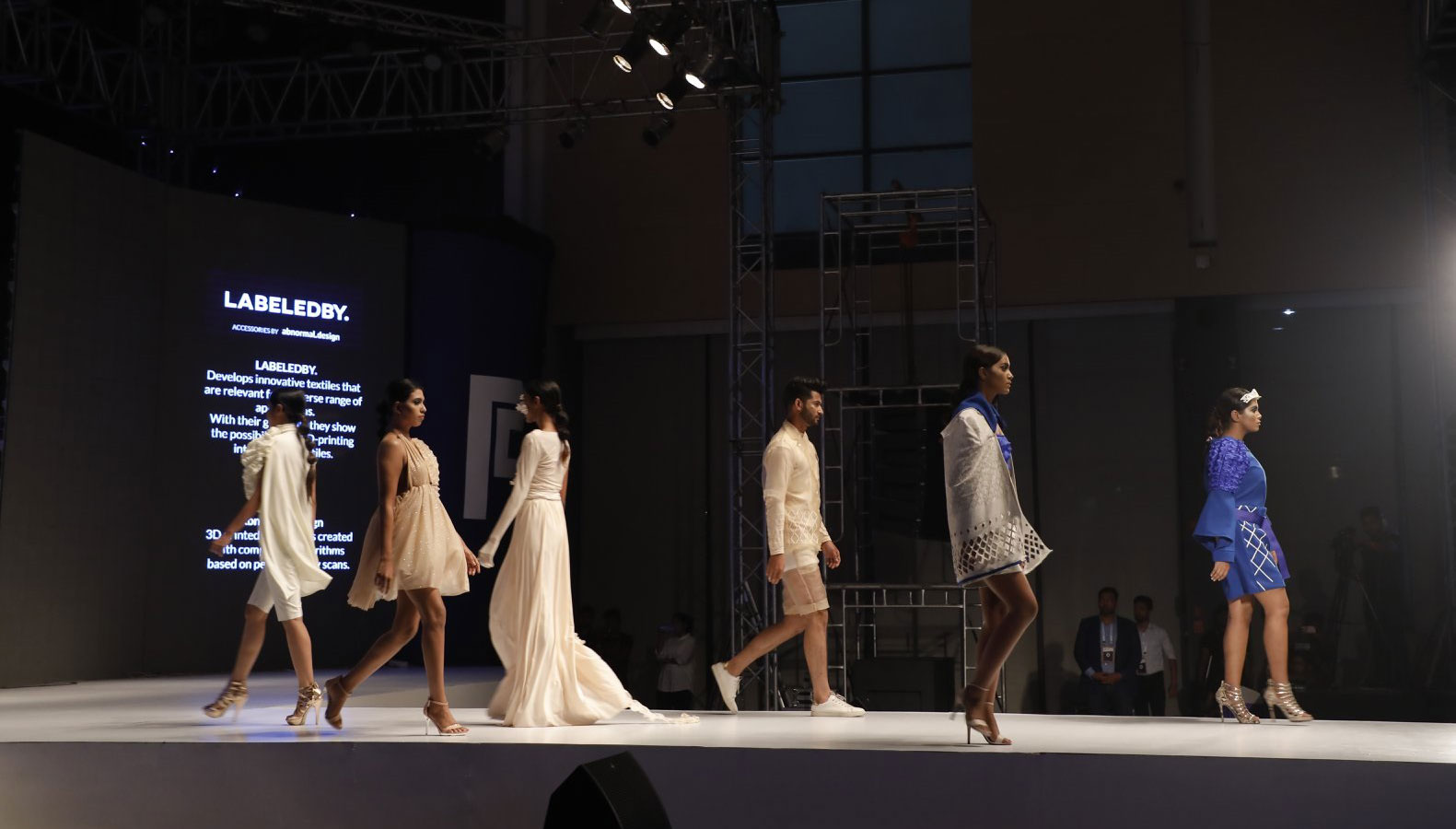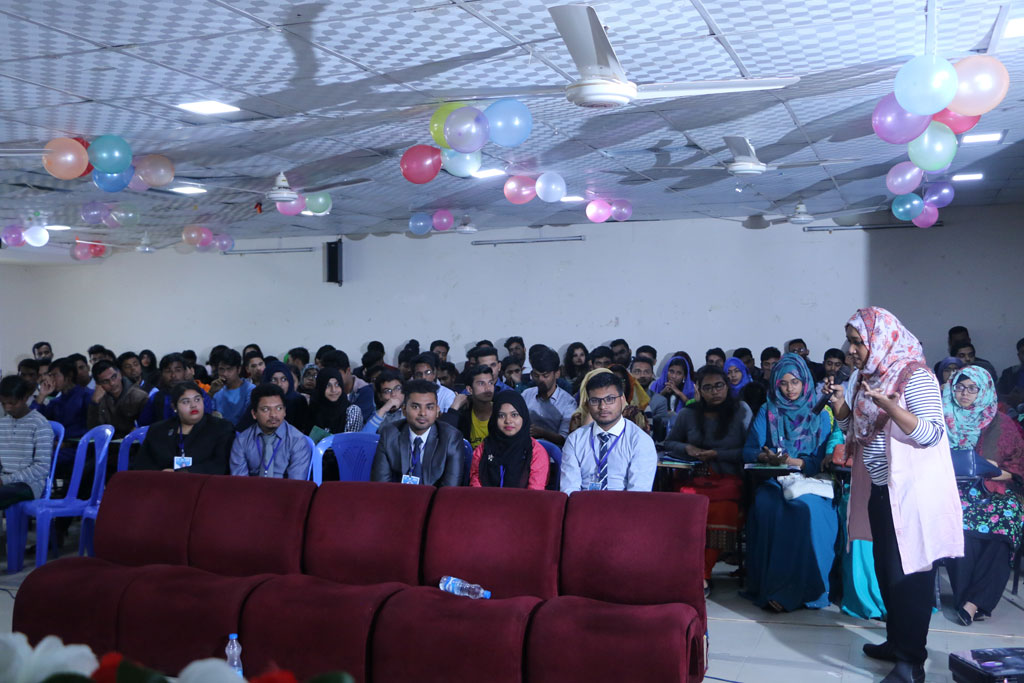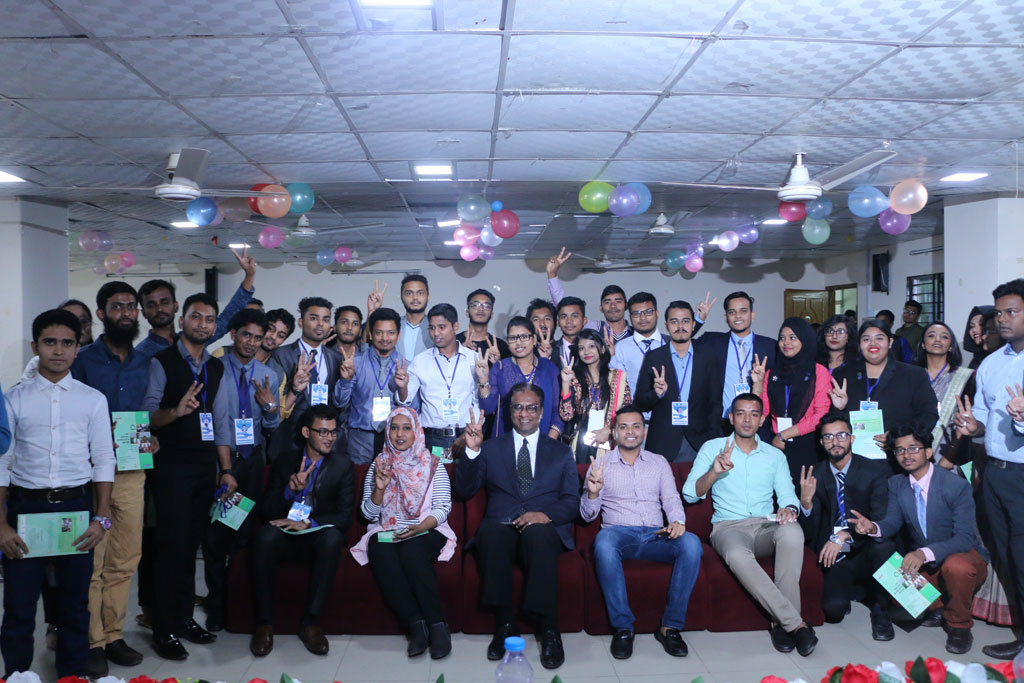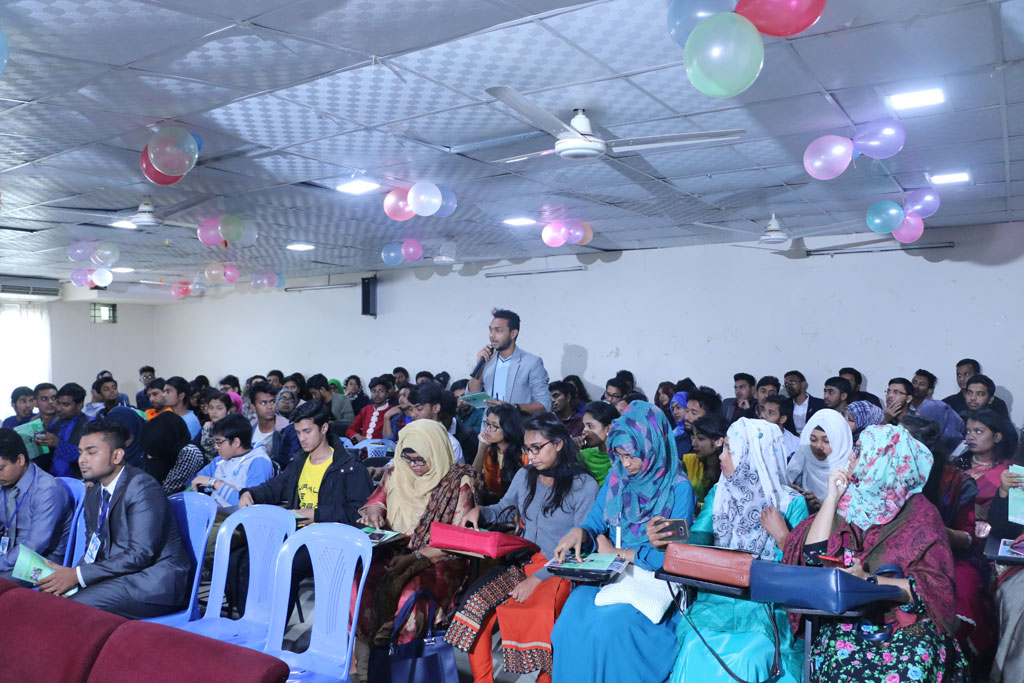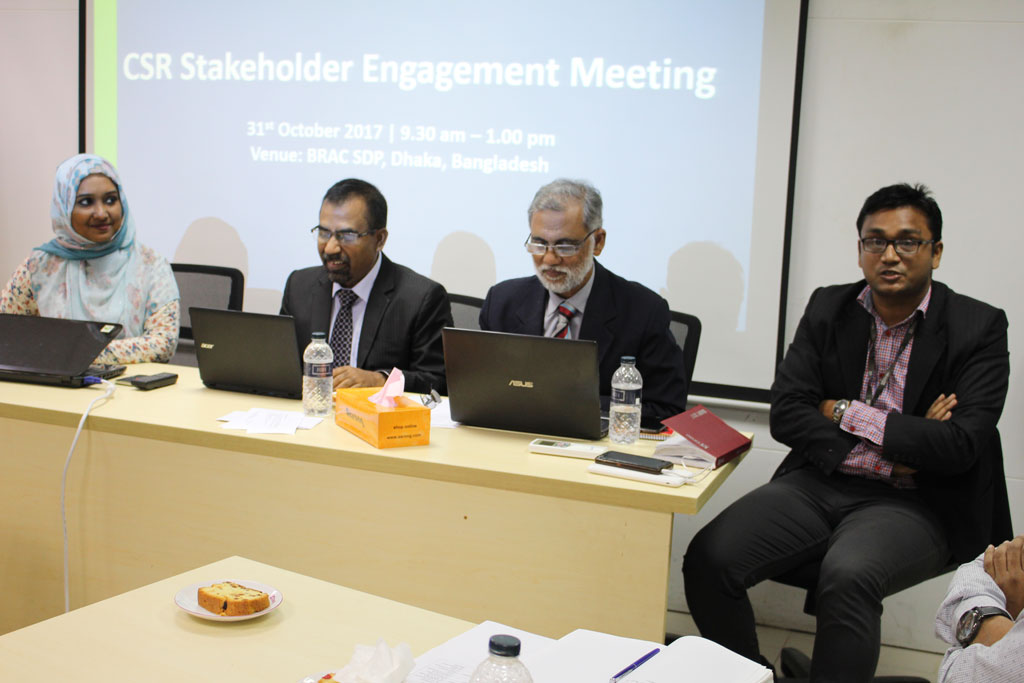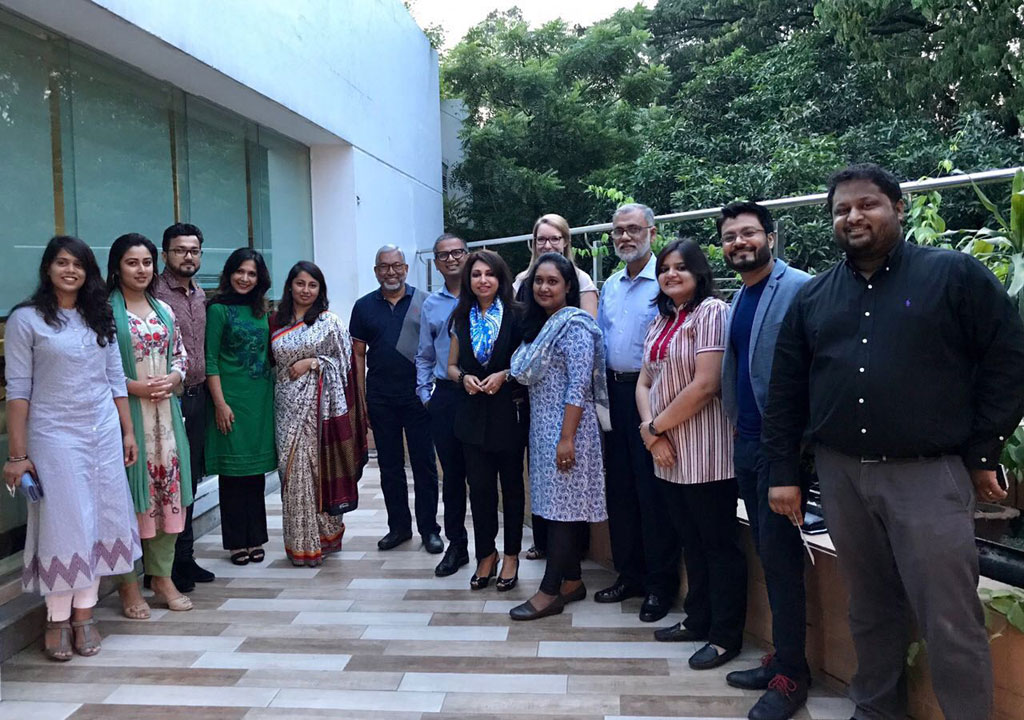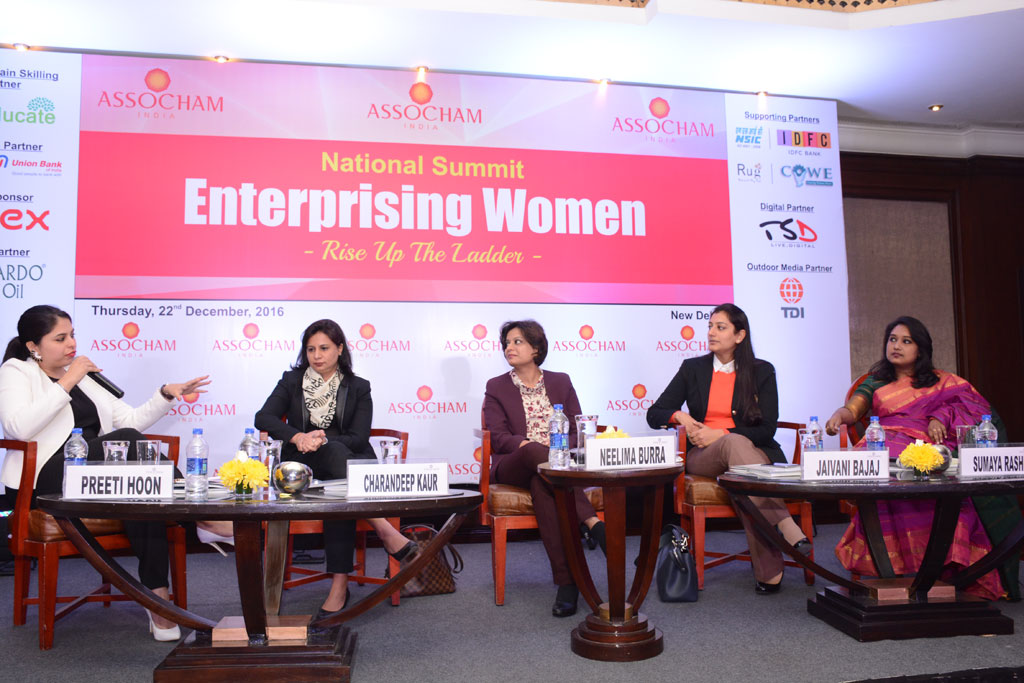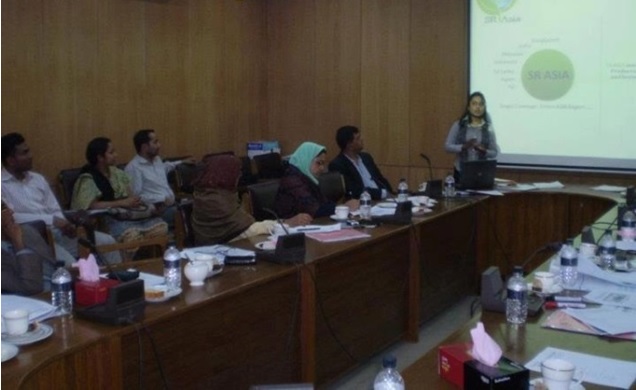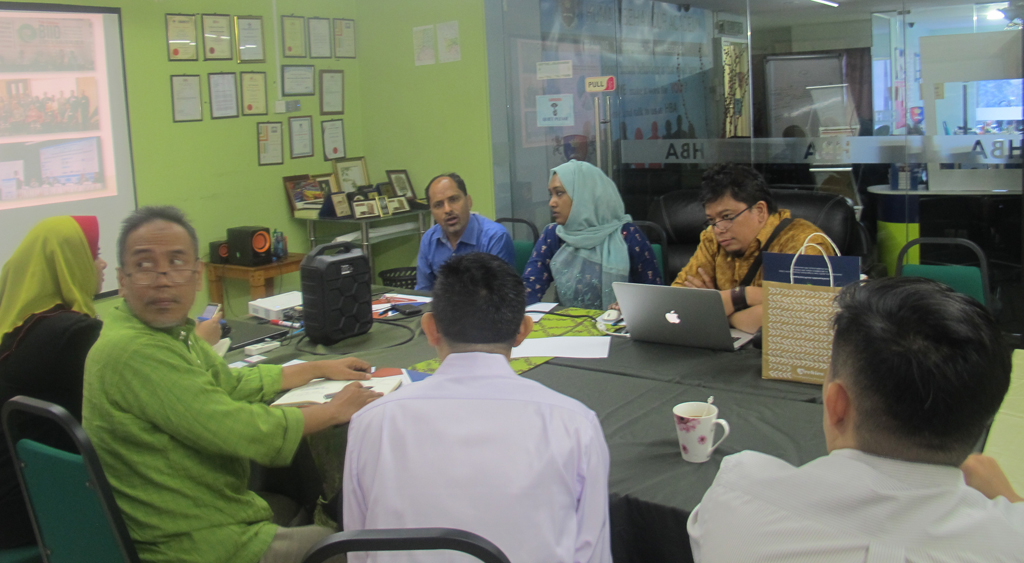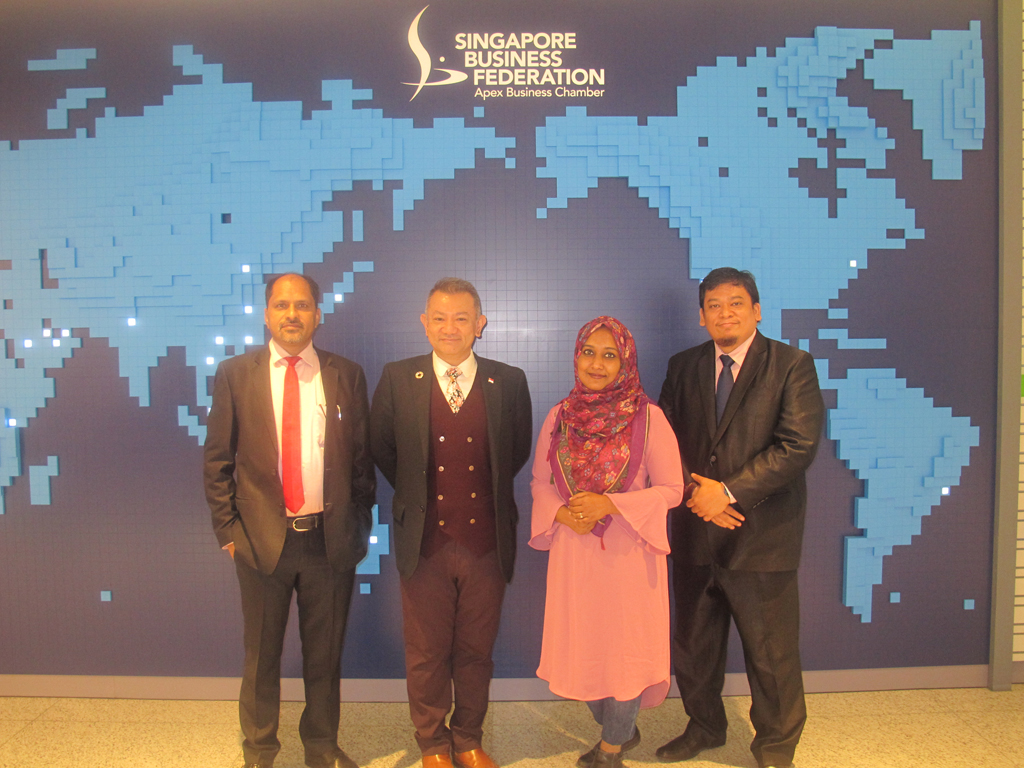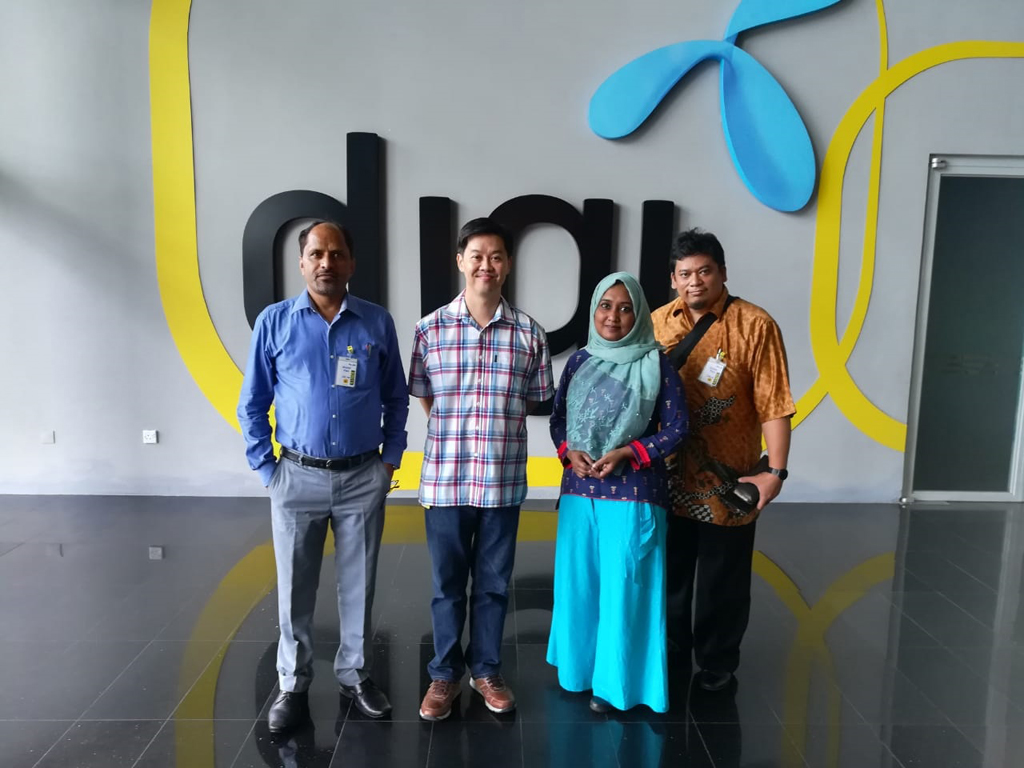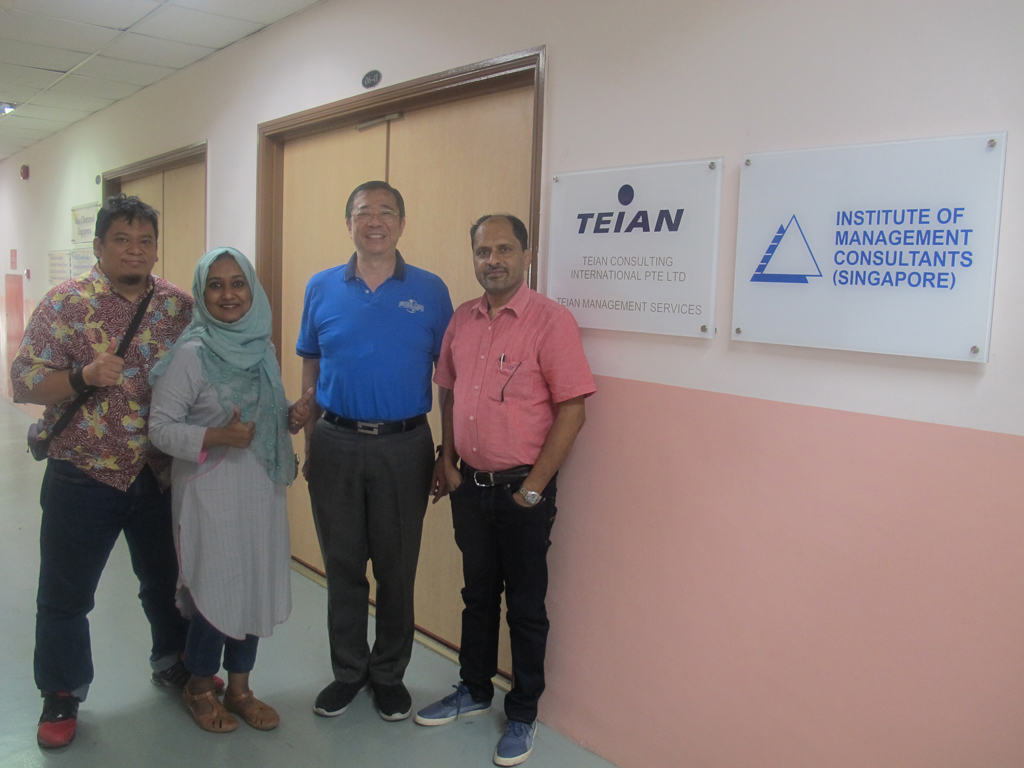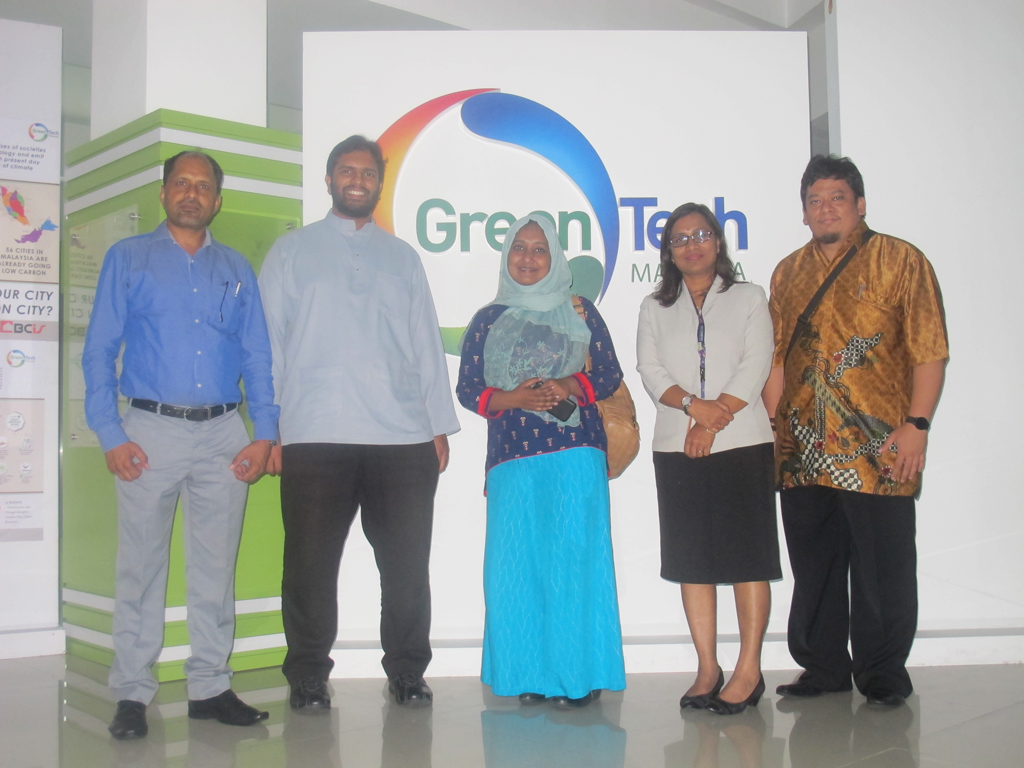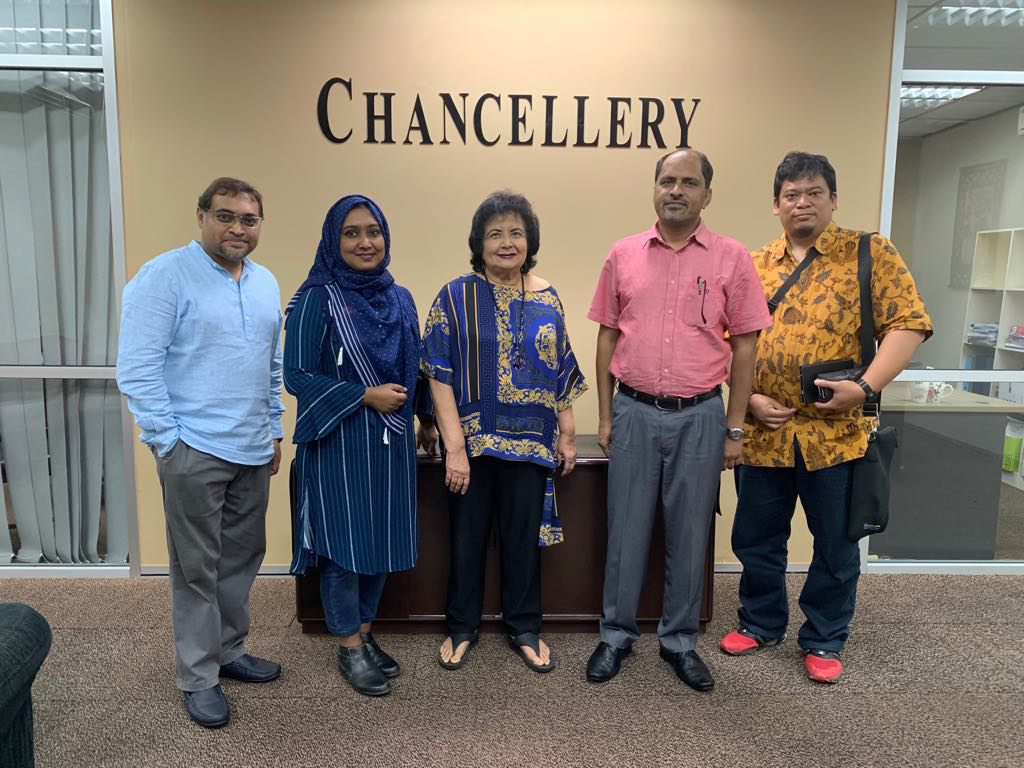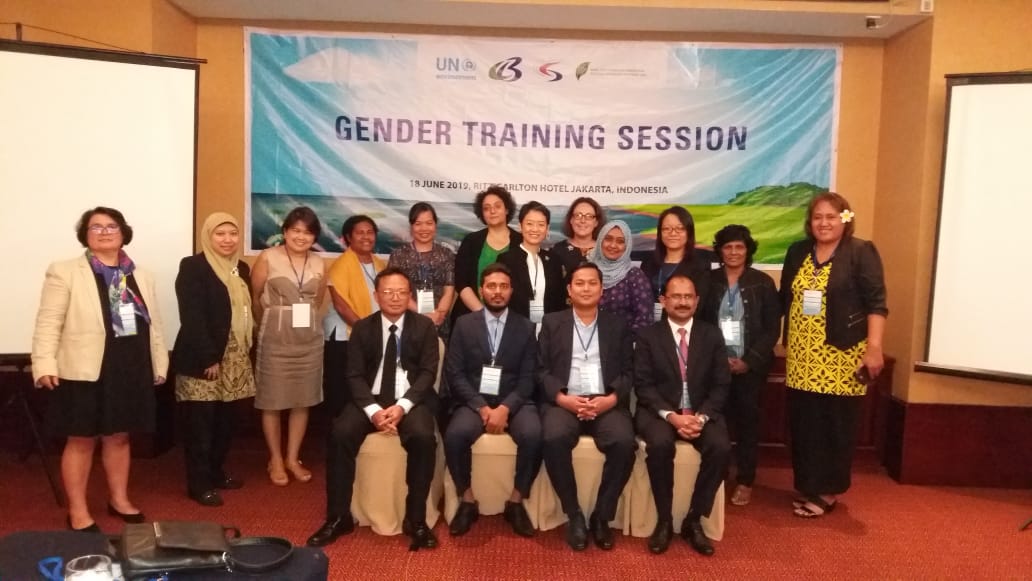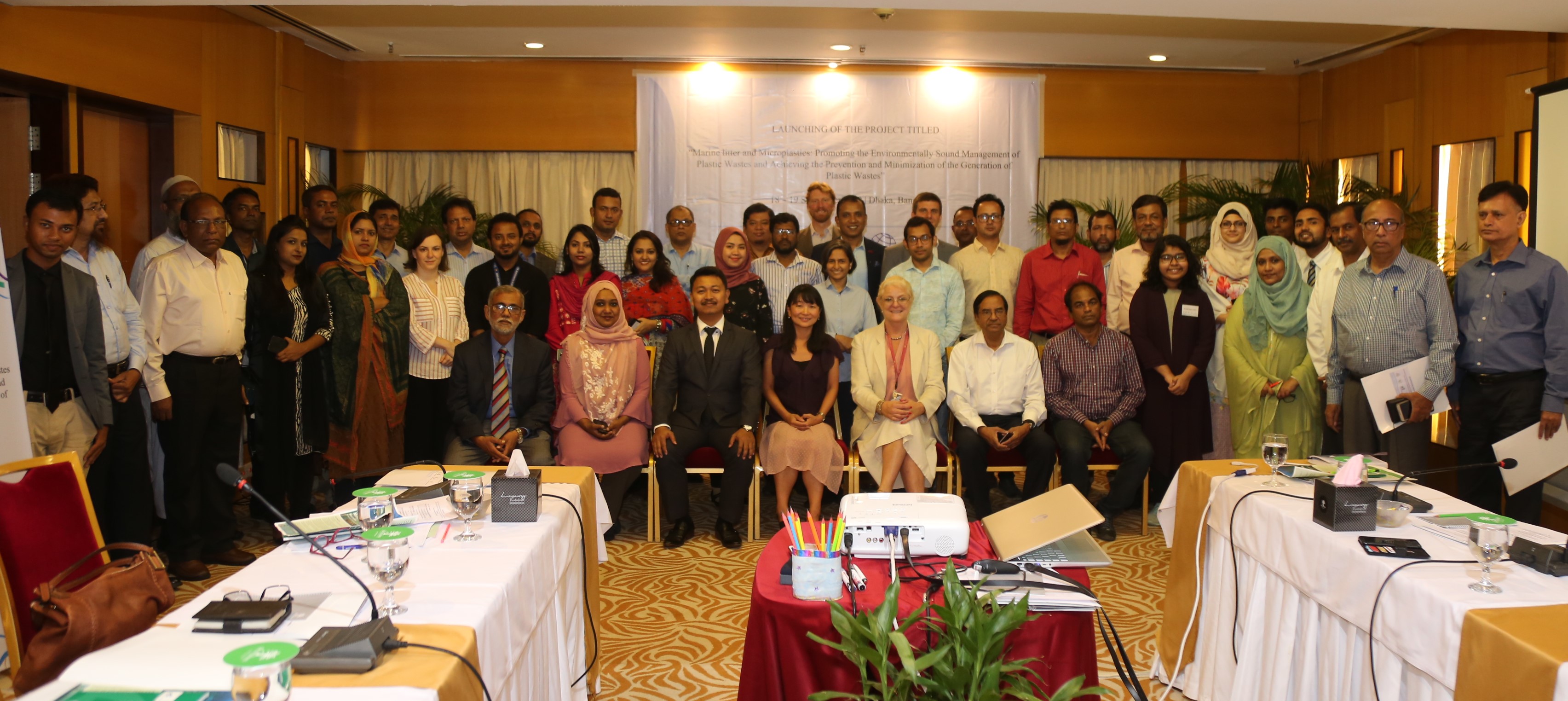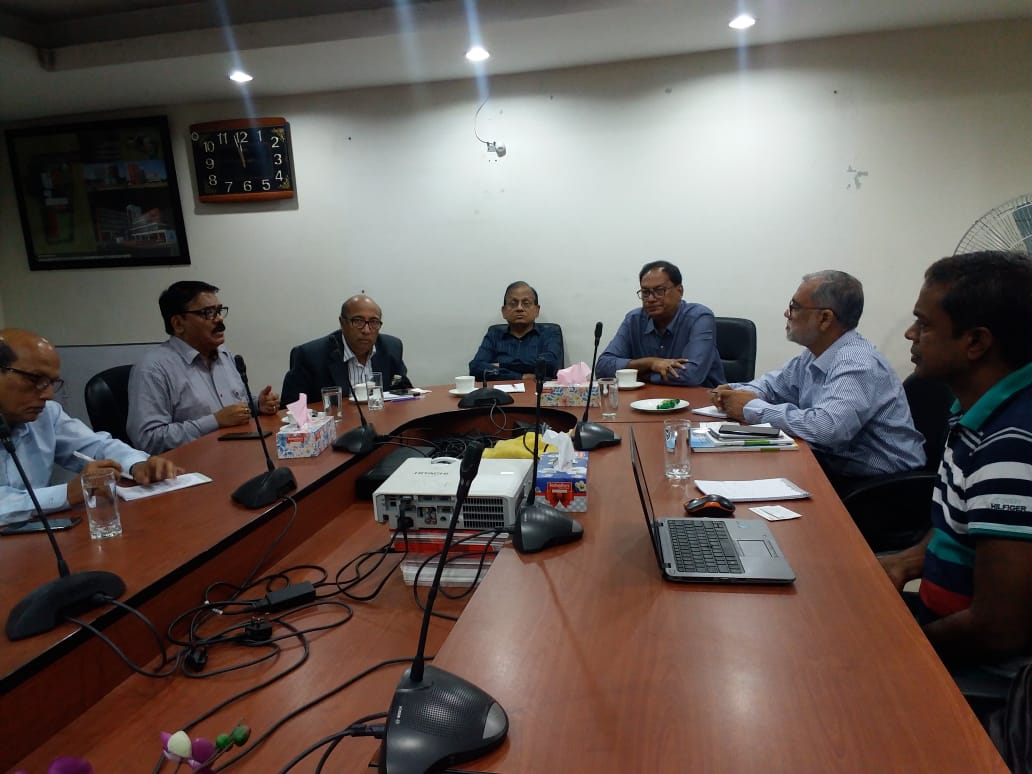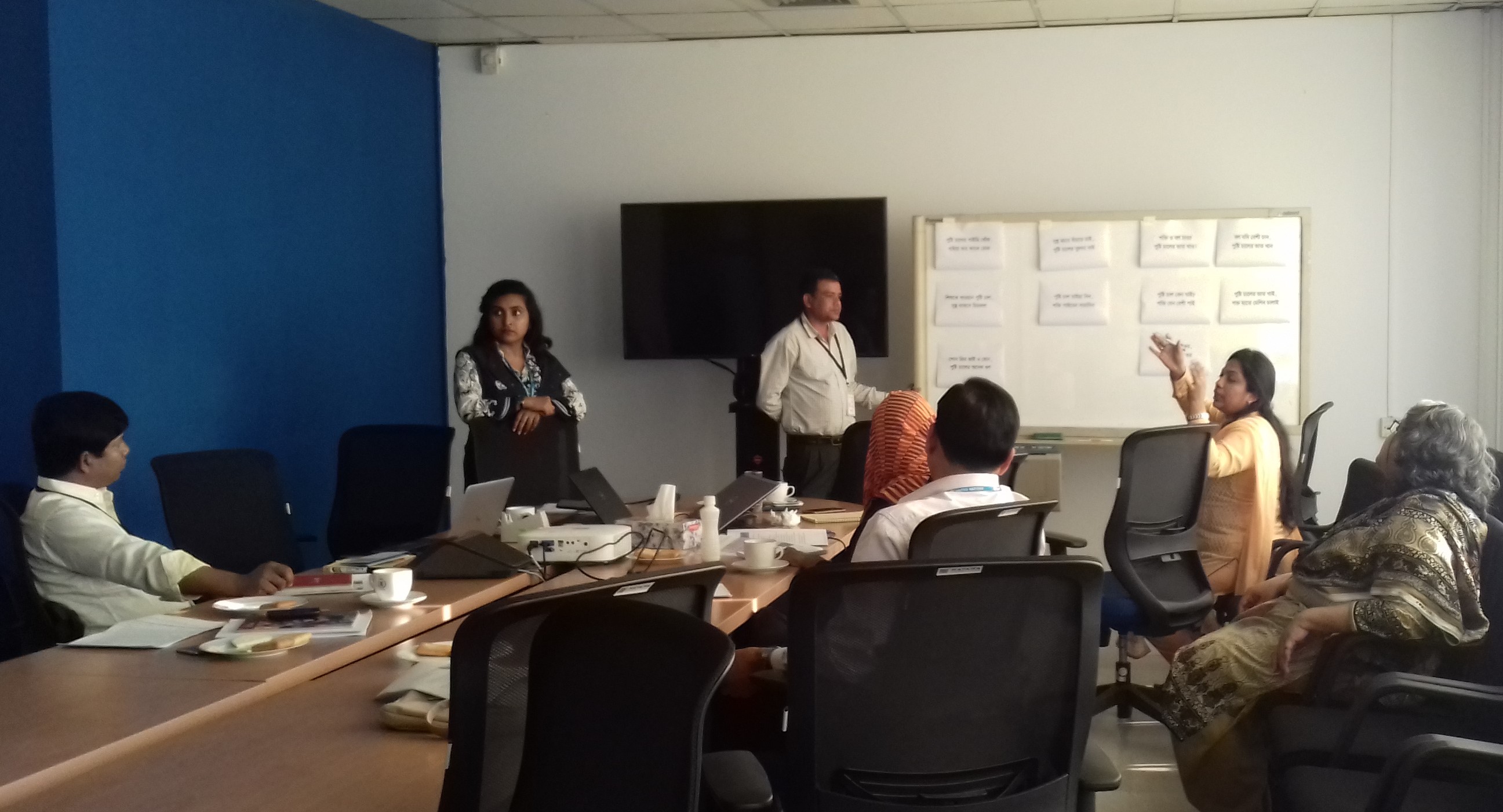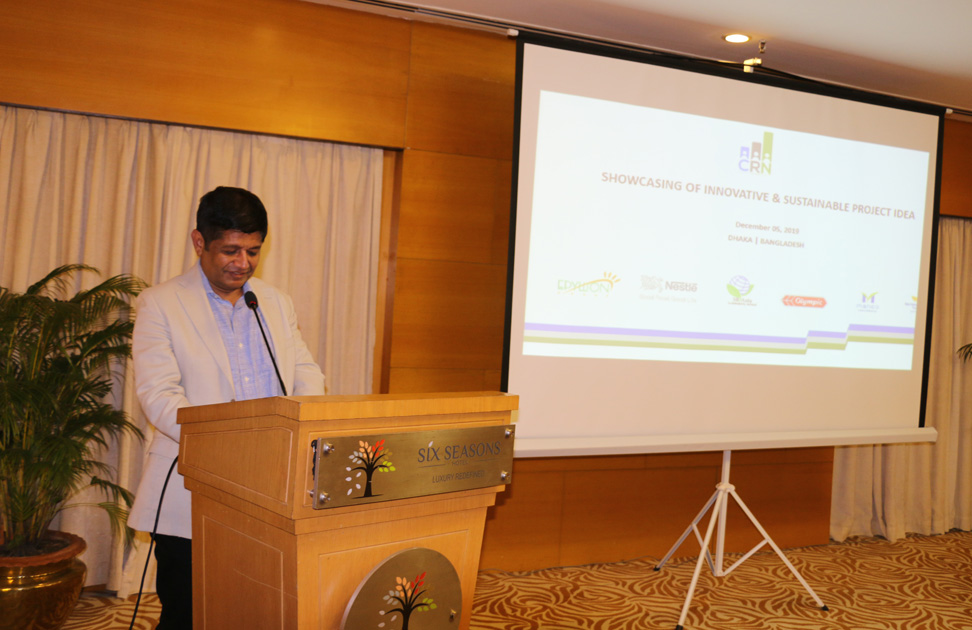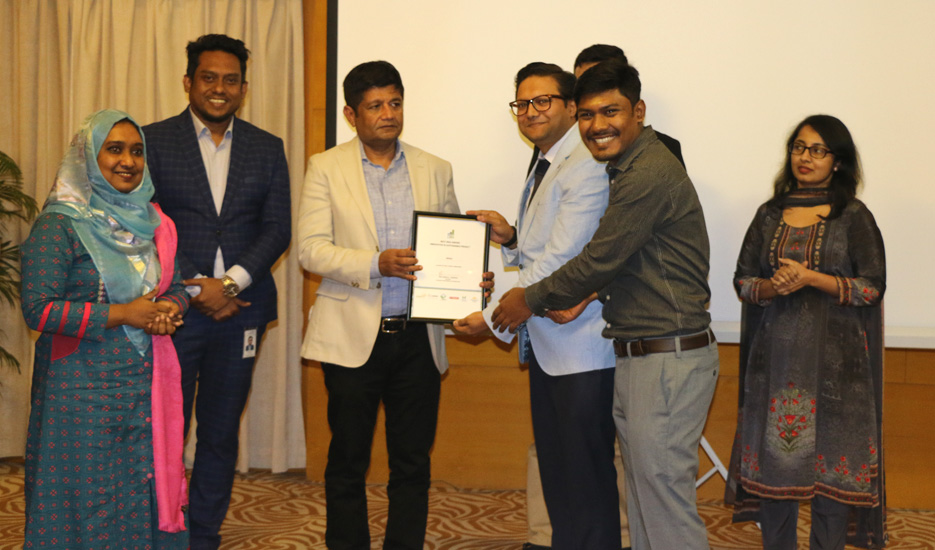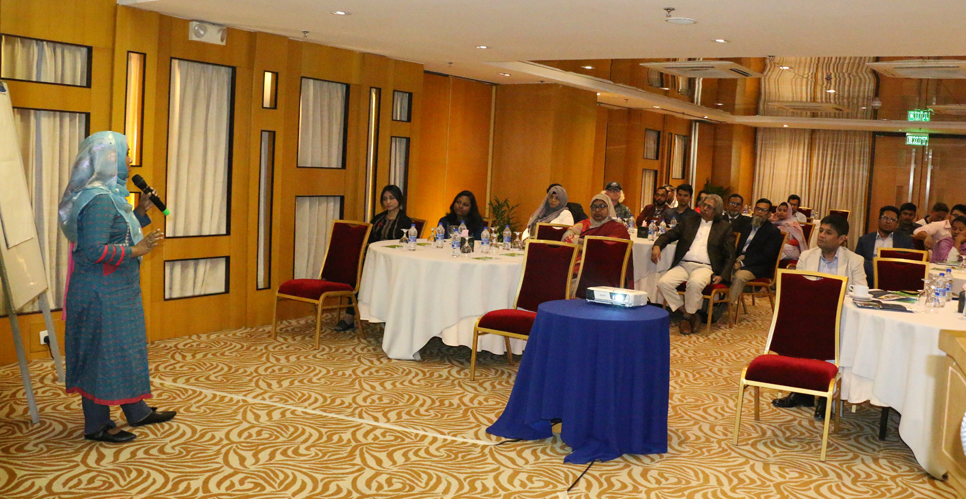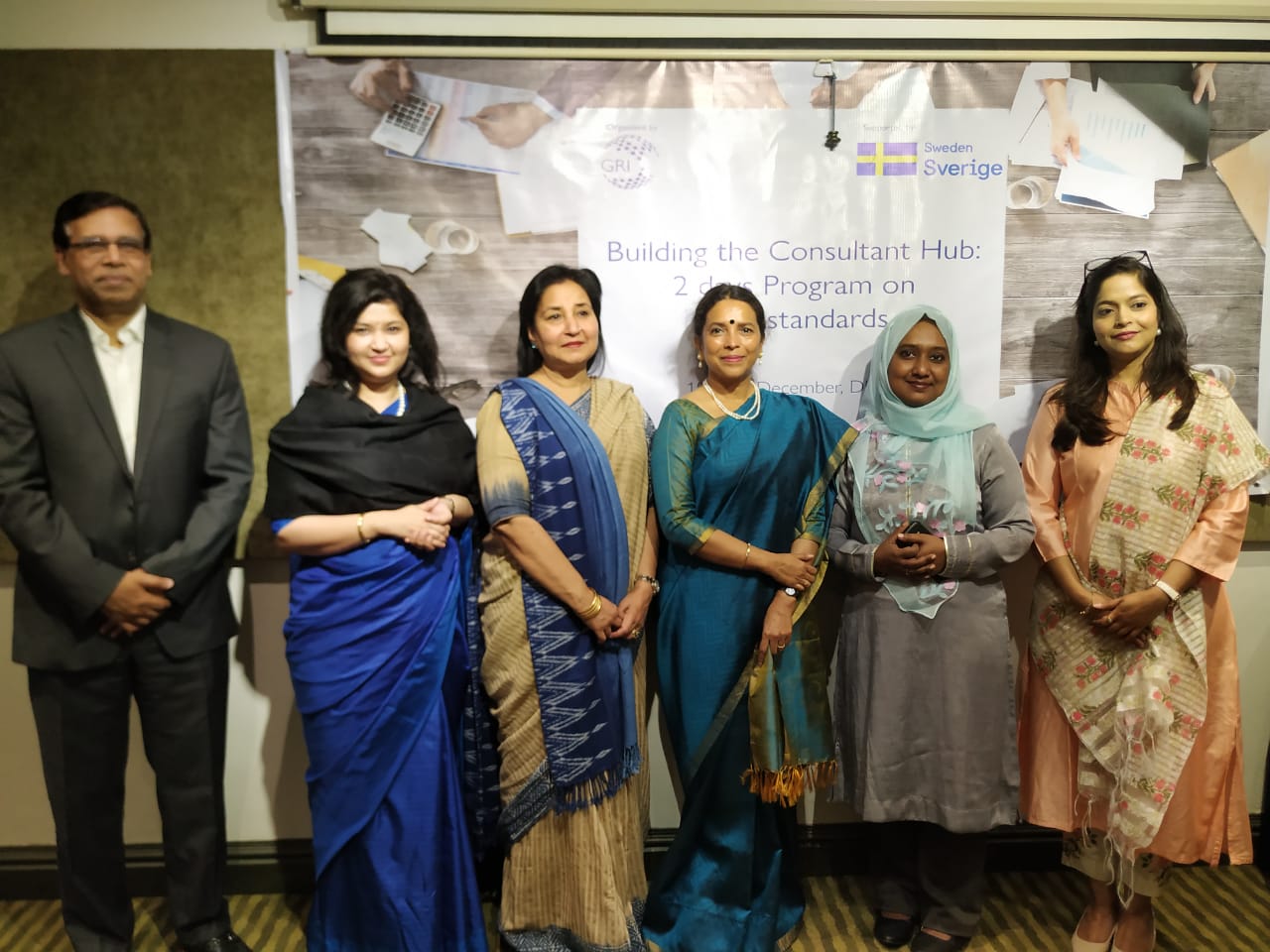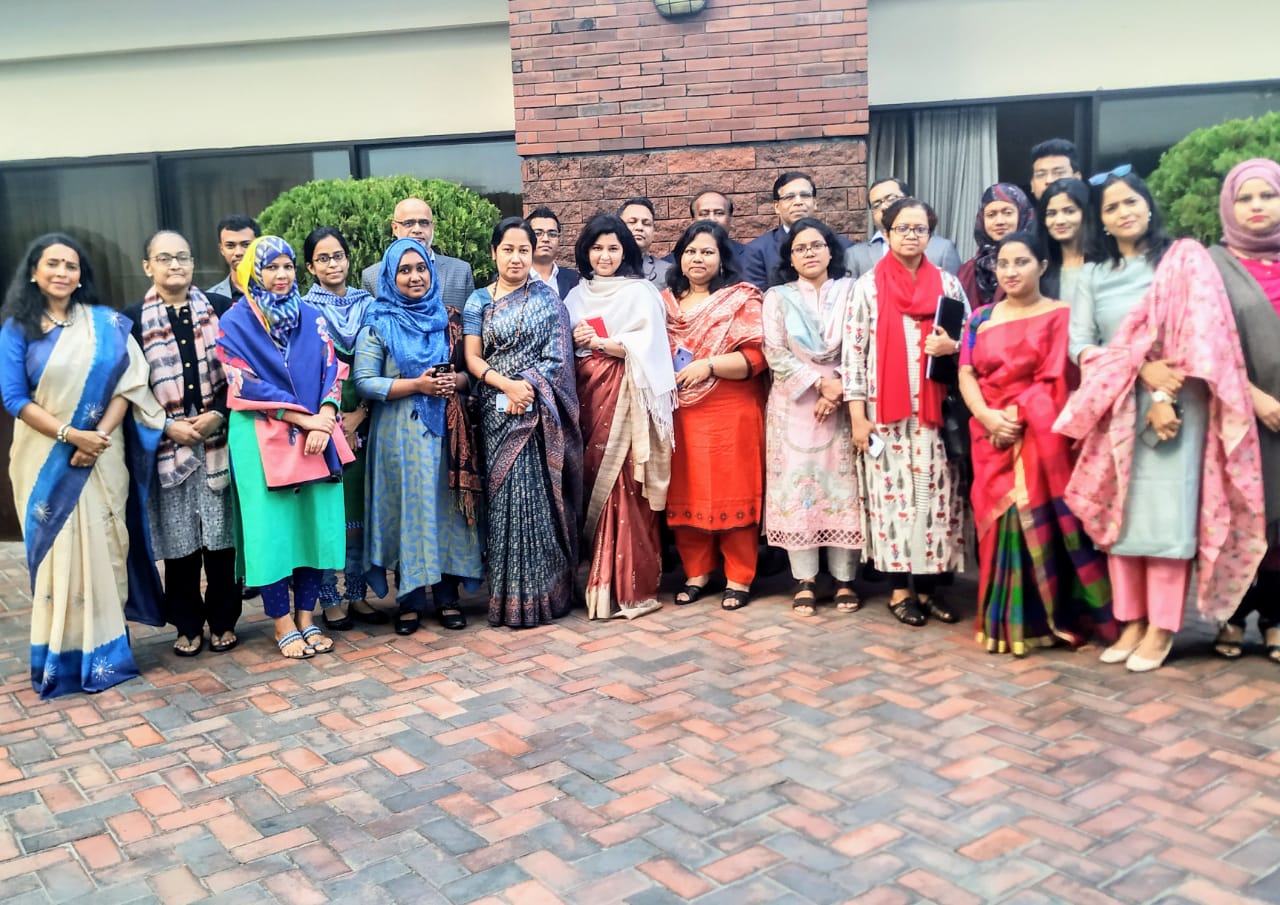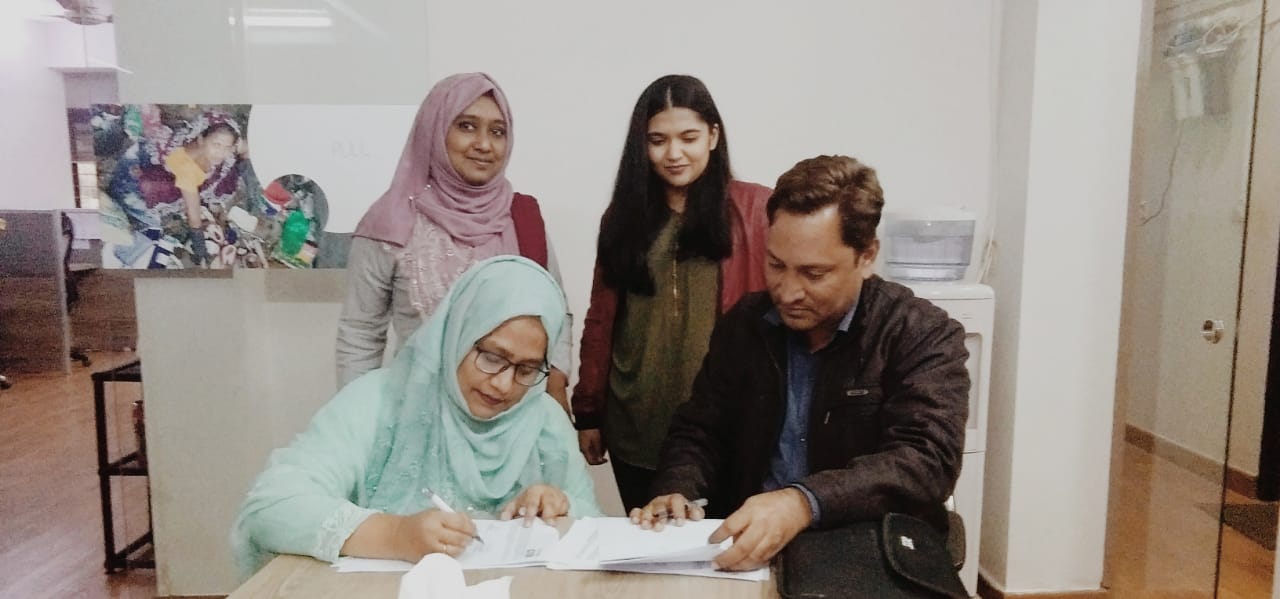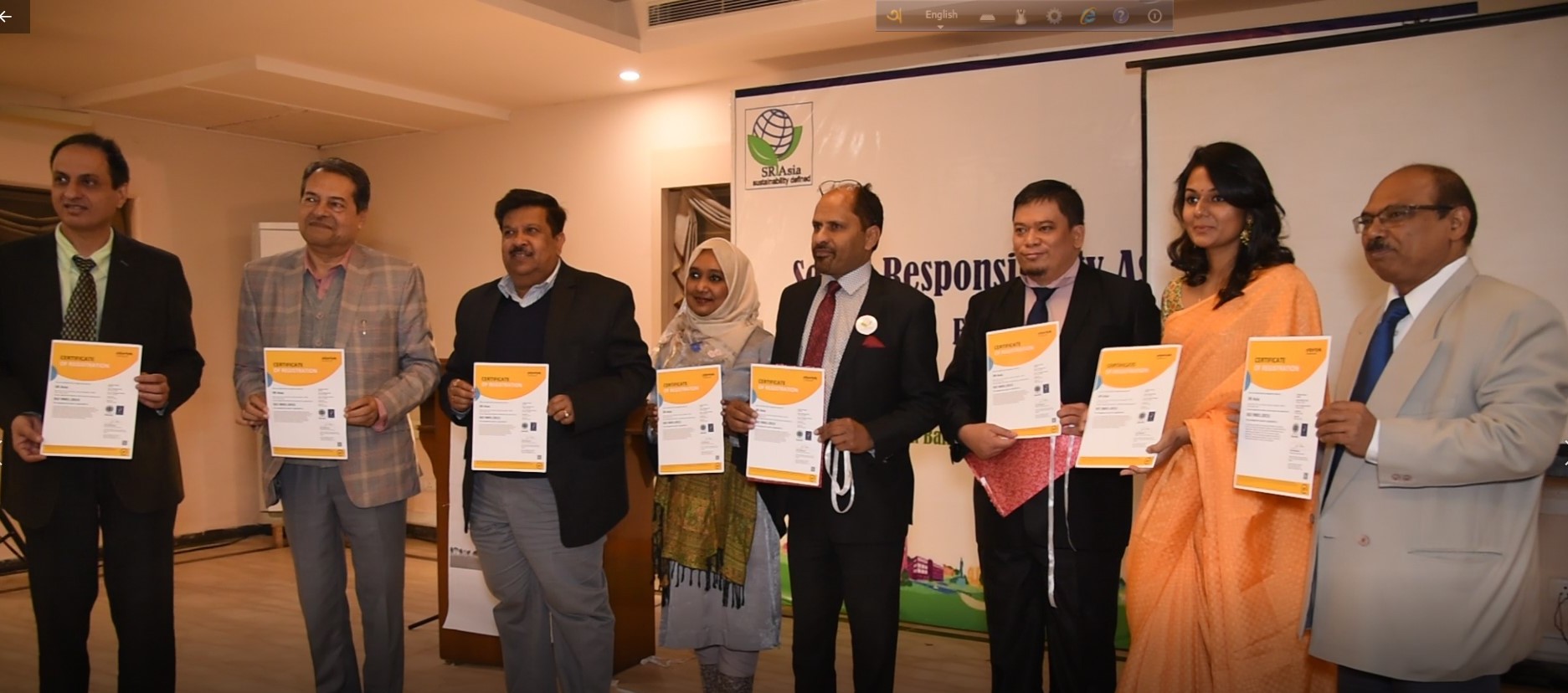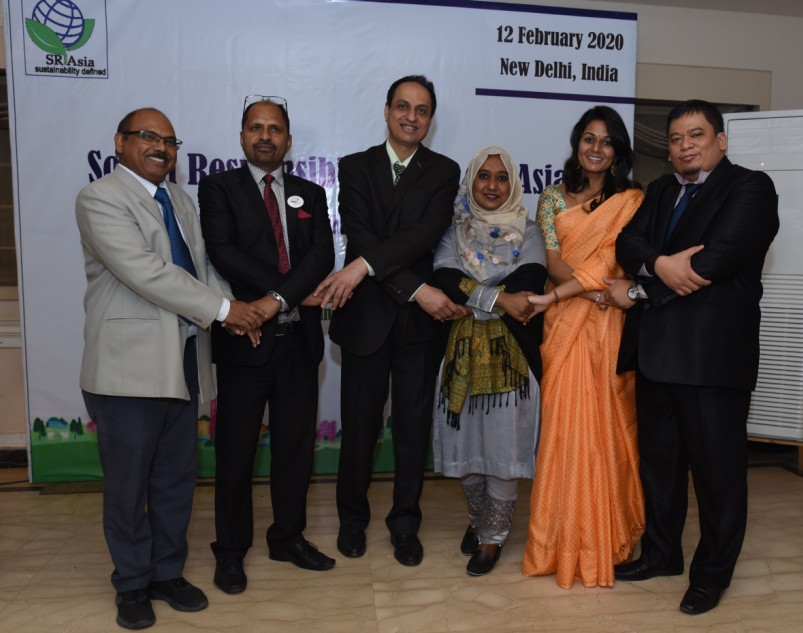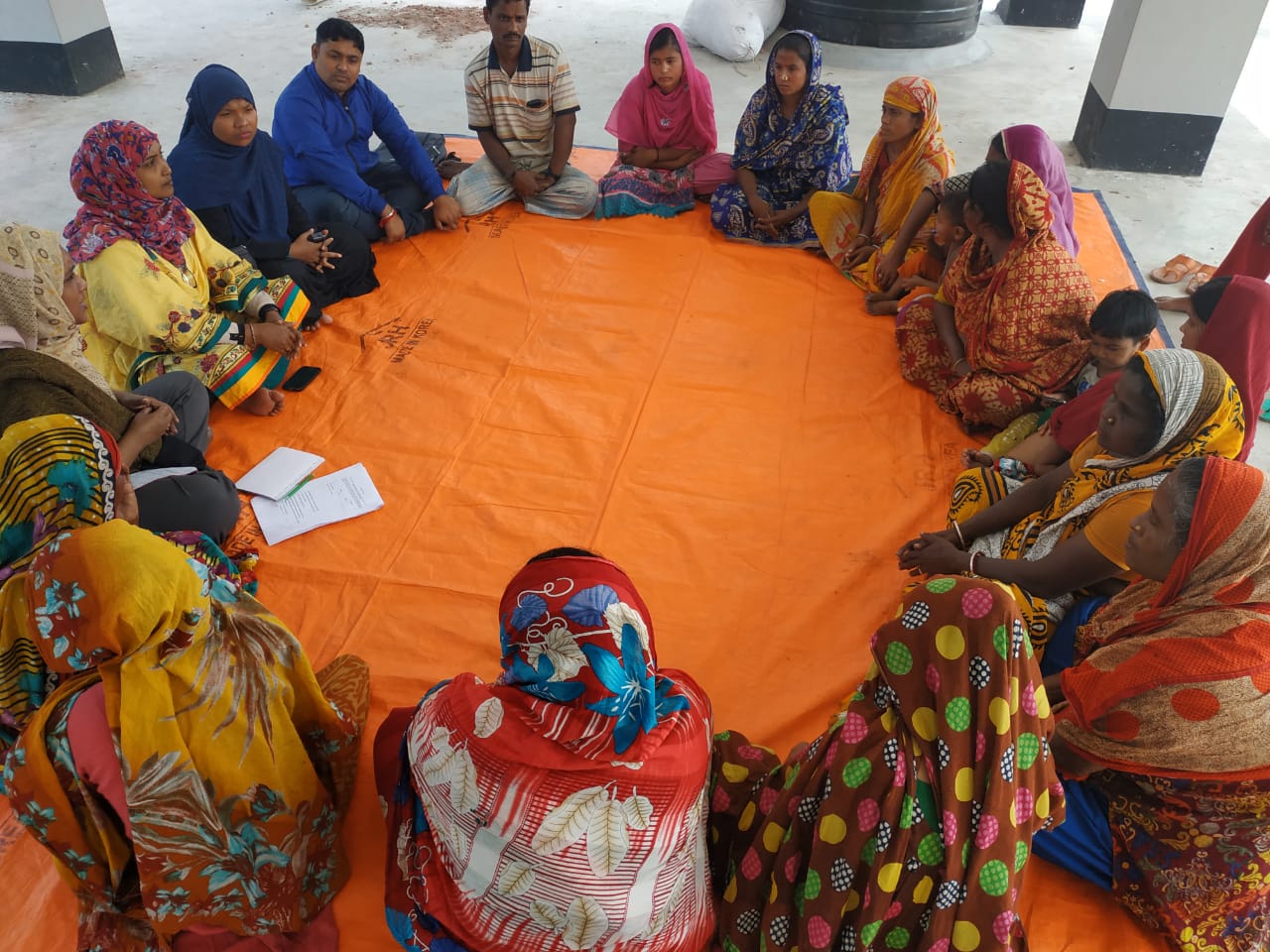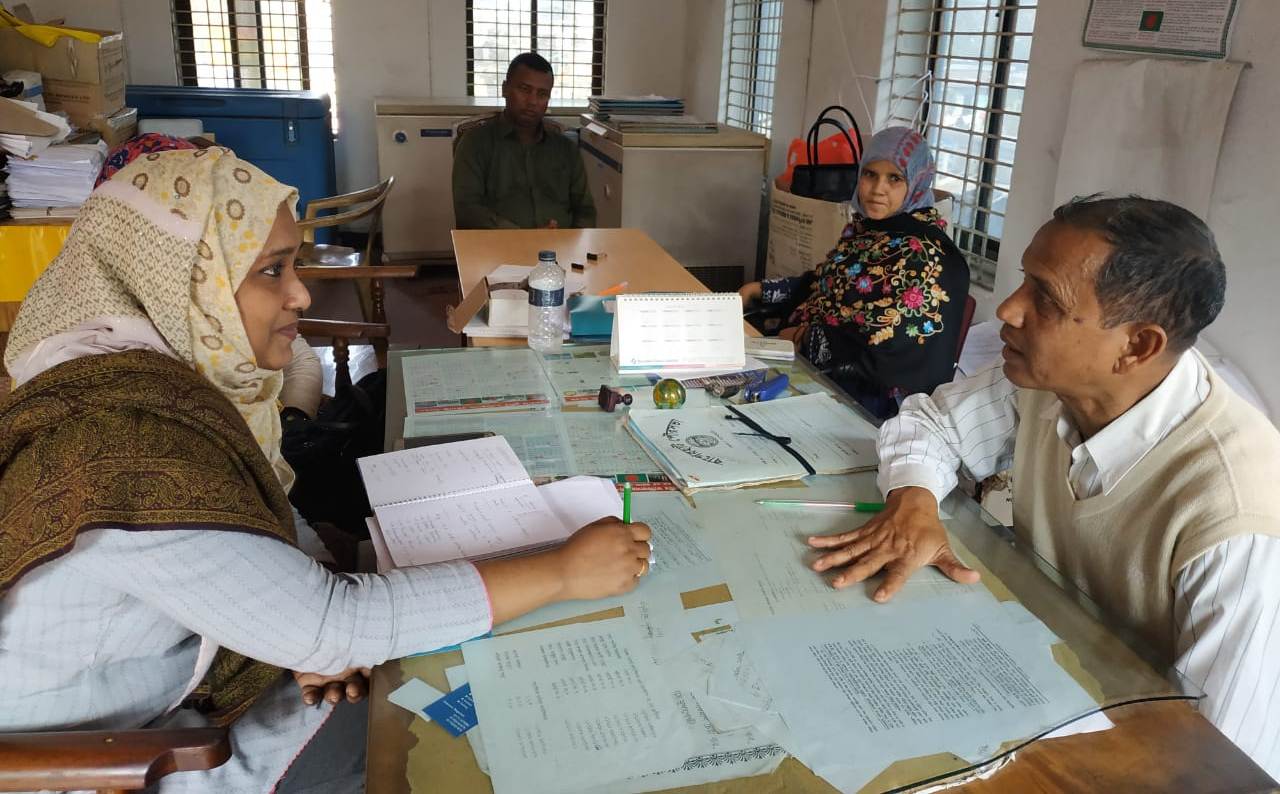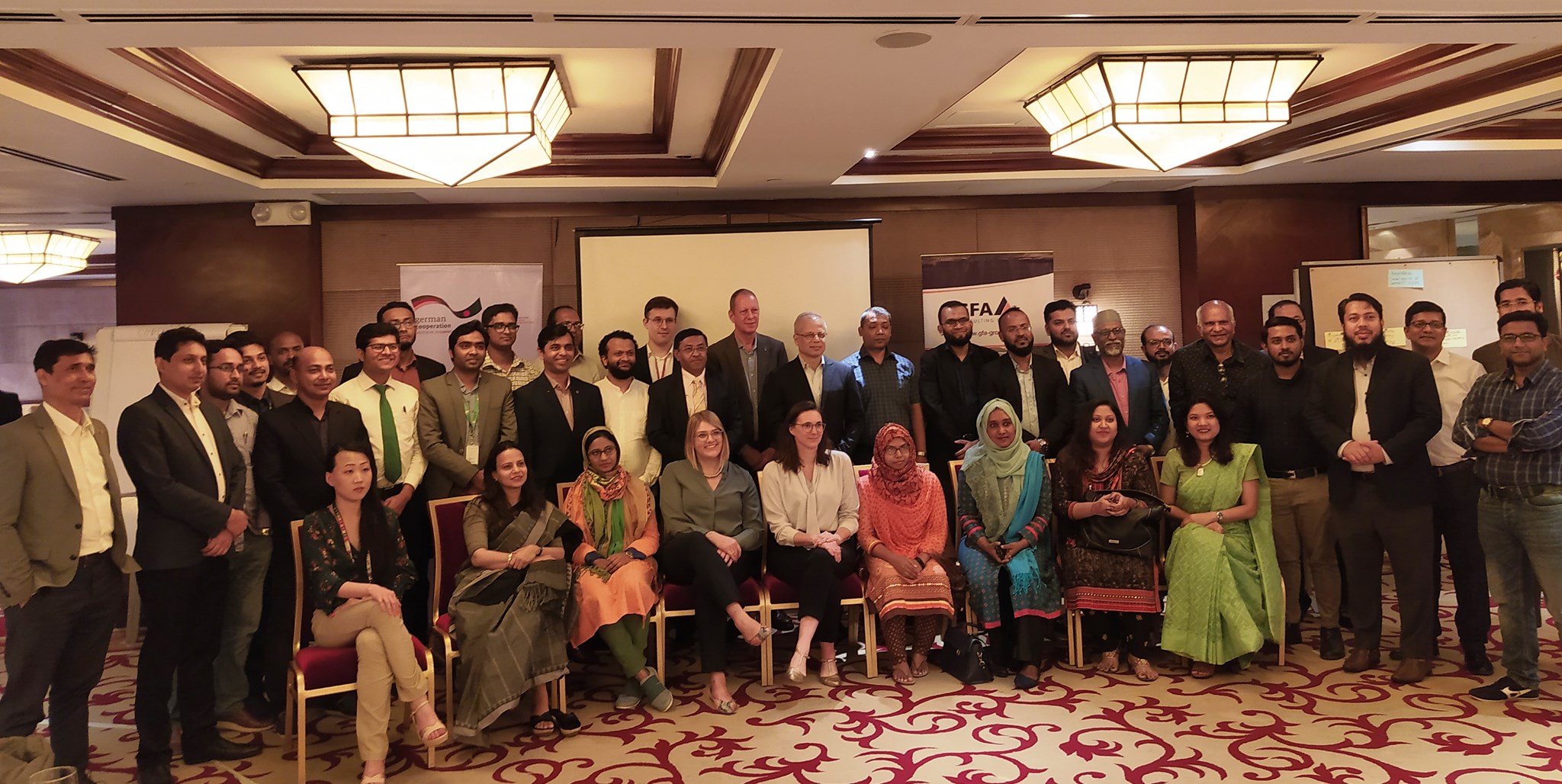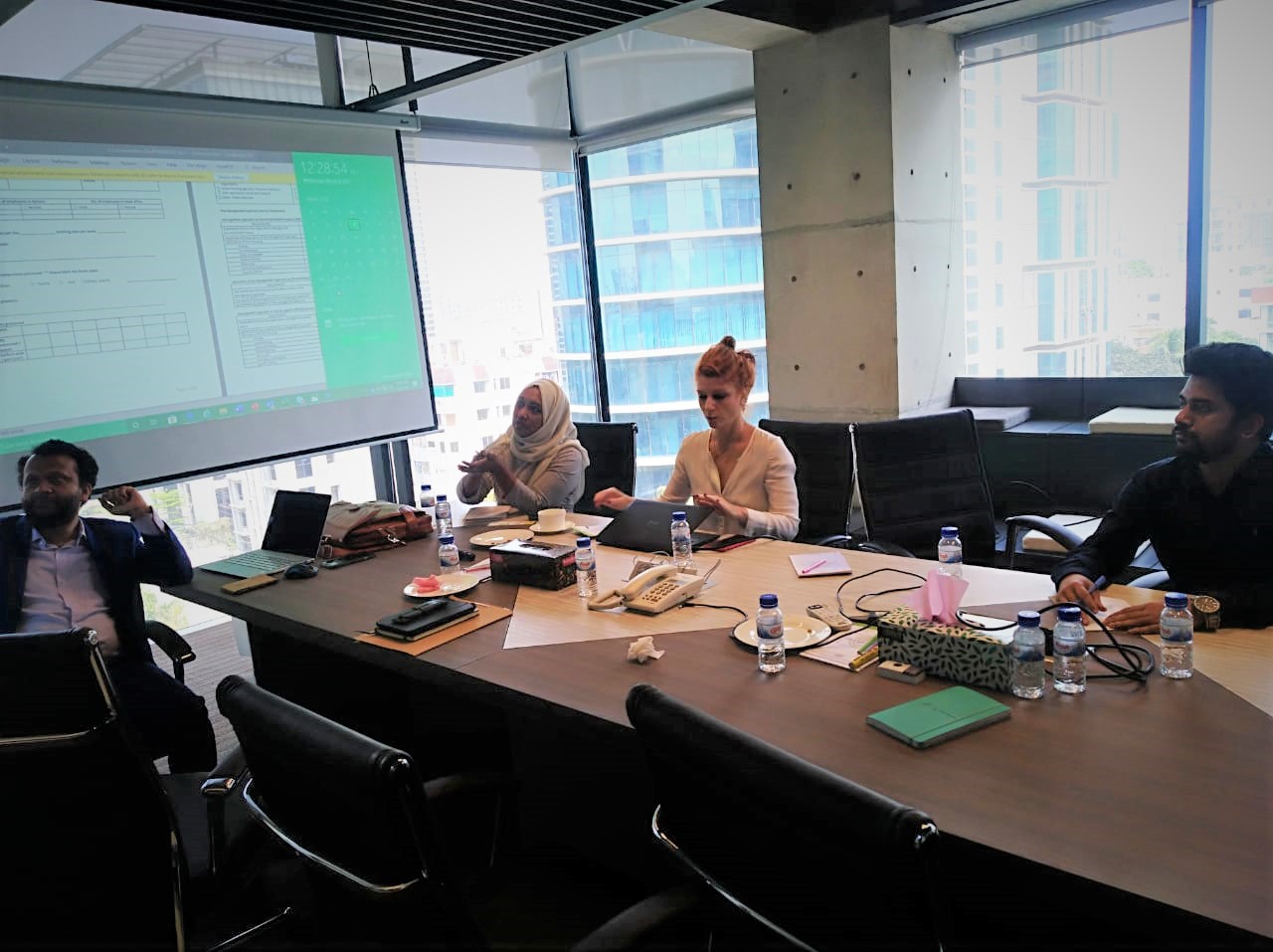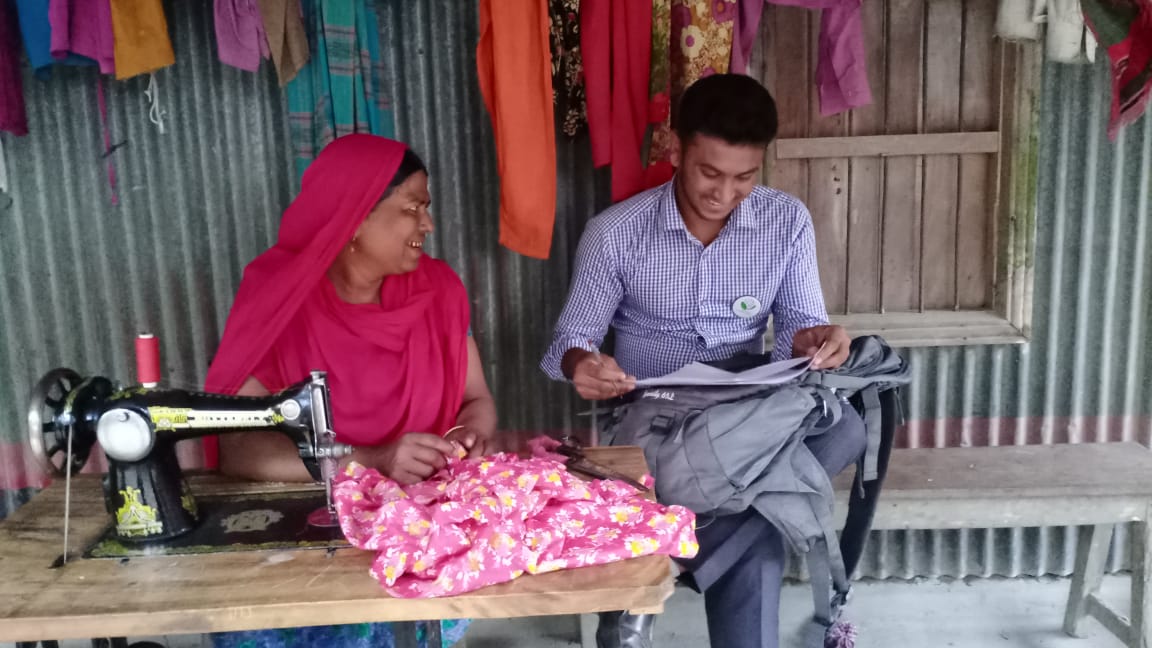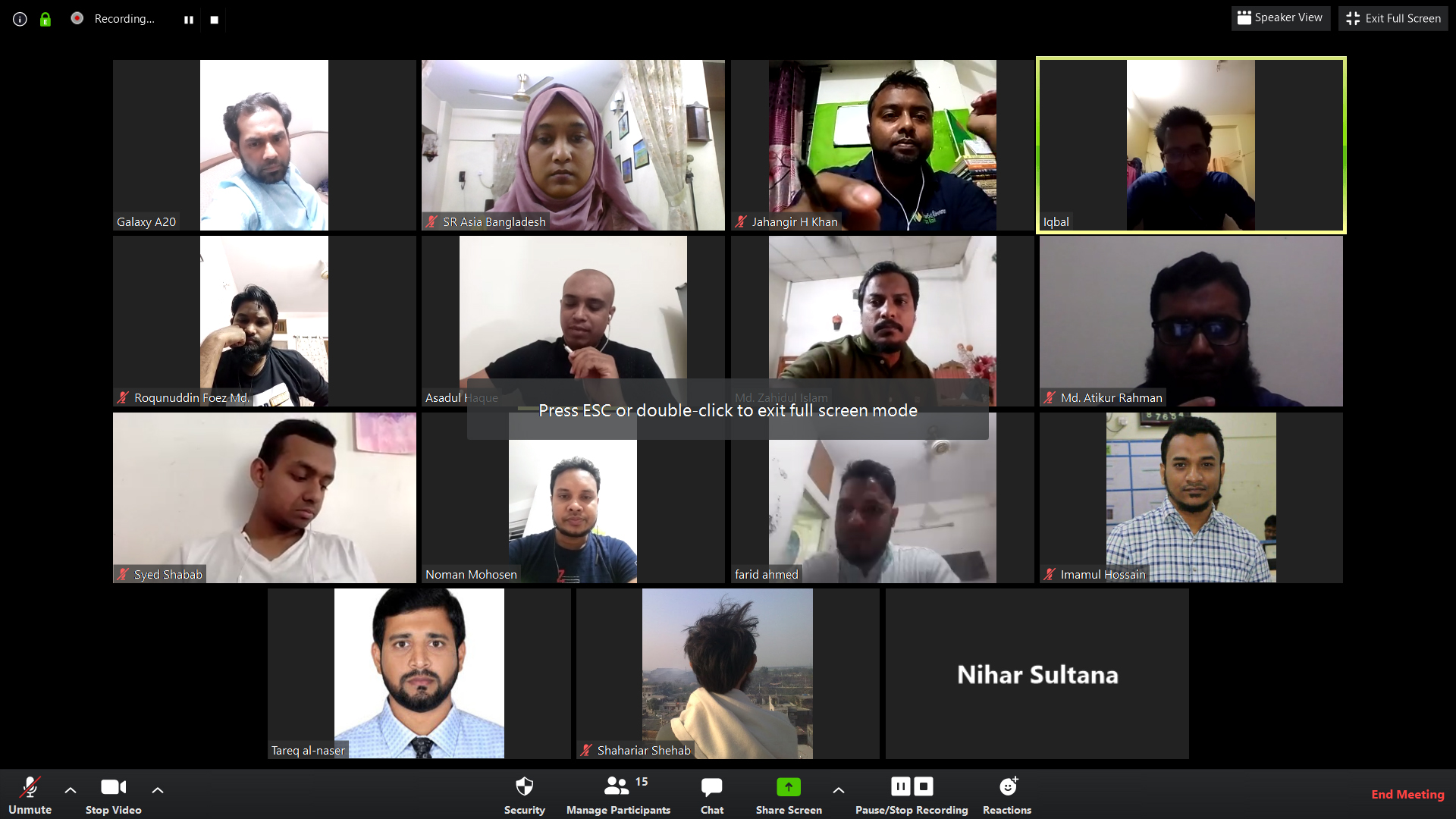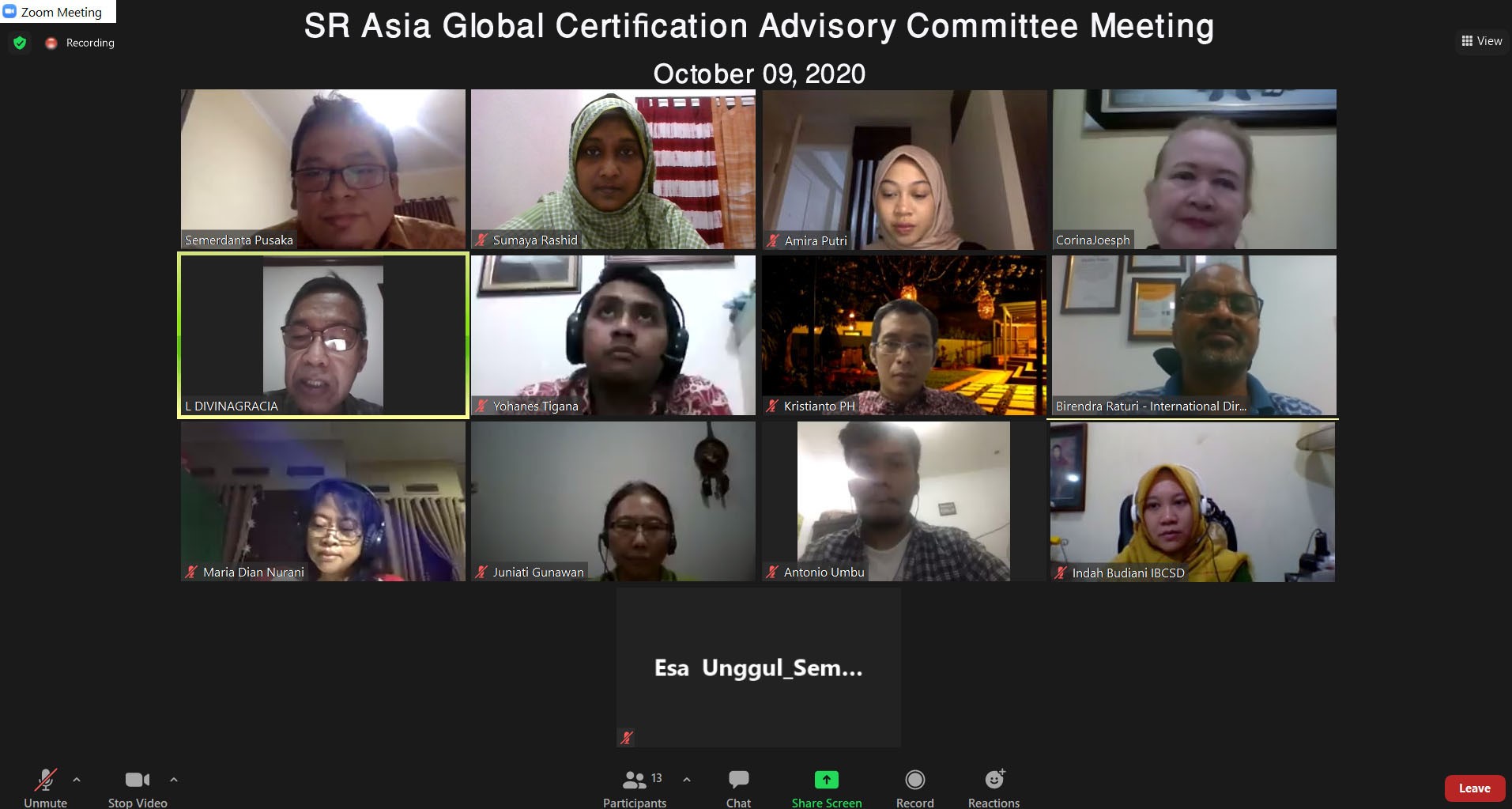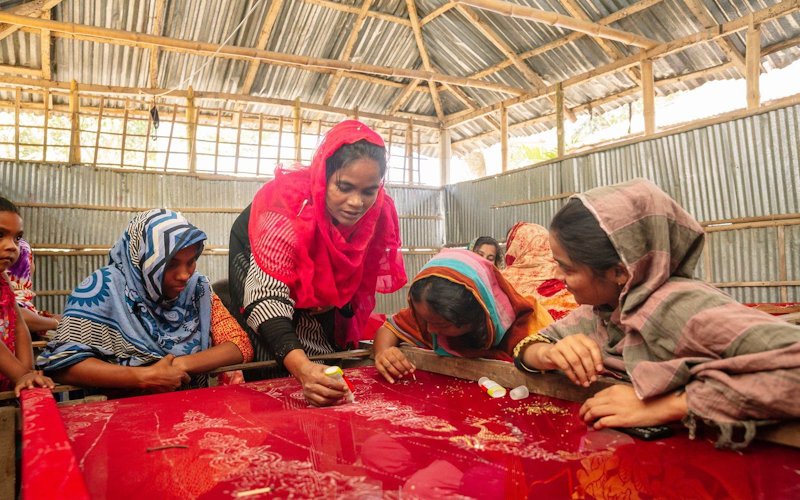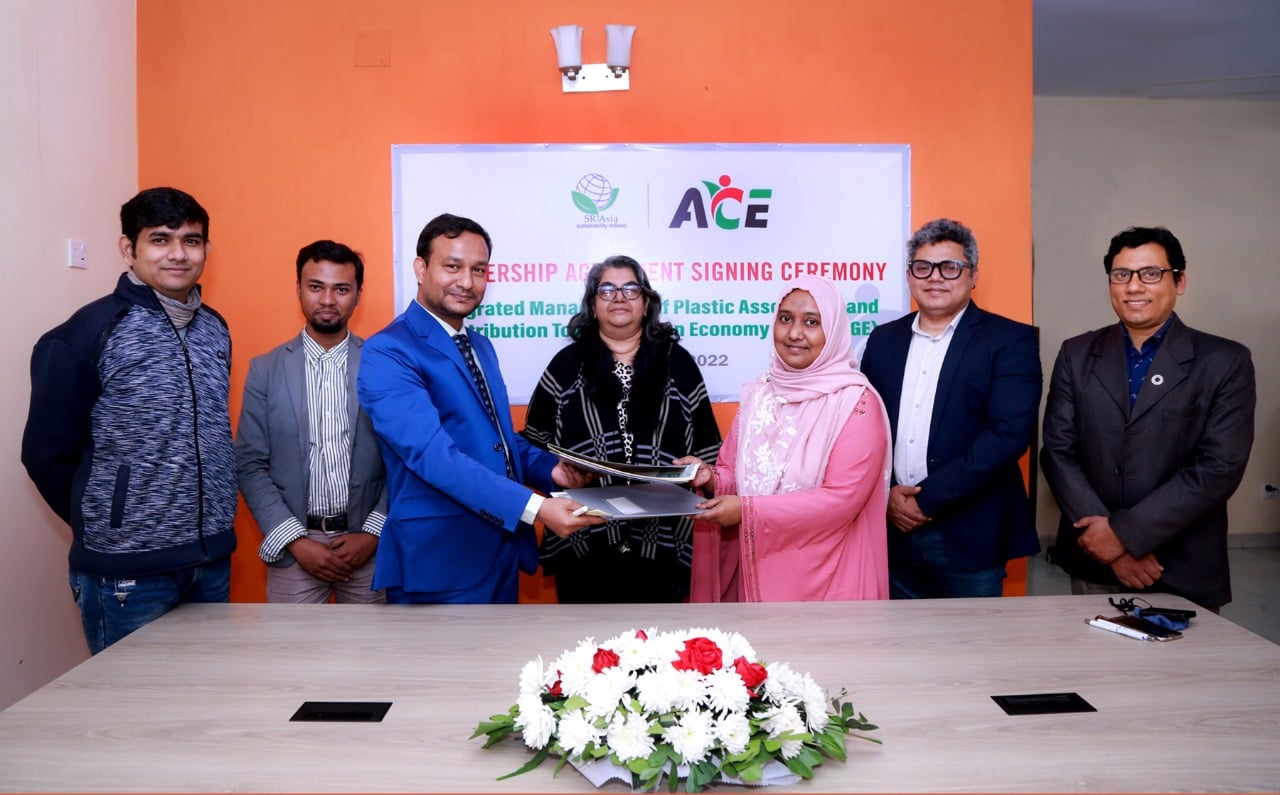
Every day, tons of plastic waste are generated in Cox's Bazar Municipality and the Rohingya camps;
mismanagement of this plastic waste means that a large proportion of it ends up in open dumps and
landfills and leaks into the environment, threatening ocean health, the health of marine species, food
safety and human health. To combat this escalating plastic waste crisis, a locally led waste management
solution that involves multi-stakeholder engagement and empowerment of the local waste
management actors in Cox's Bazar is imperative to create a systematic waste management ecosystem.
Against this backdrop, the BRAC Urban Development Programme has started implementing a 17-month
project titled 'Towards a comprehensive and human-centred plastic waste management approach in the
Cox's Bazar and Affected Regions by Myanmar Refugee Influx'. As evident in the project name, it is
aimed to contribute to the reduction of plastic waste pollution in Cox's Bazar through the development
of a comprehensive and human-centric waste management system that involves all relevant
stakeholders in the waste management value chain. The project proposes three outcomes aimed at
creating an effective collaboration platform and increasing the capacity and connection of the waste
management value chain actors that will contribute to achieving the overall objective of initiating
system change for plastic waste management.
To implement this project, SR Asia Foundation supports BRAC Urban Development Programme under
following capacity:
- Support the Municipality by developing a business plan to activate the existing recycling plant in
Cox's Bazar through technical and operational support
- Formation and Activation of Waste Workers' Group:
- Voluntary Waste Collection Drives in four (4) wards
- Capacity Building for Municipal and Informal Waste Collectors and fishermen
- Training for Informal Waste Collectors in Camps
- Training for Local Plastic Recyclers
